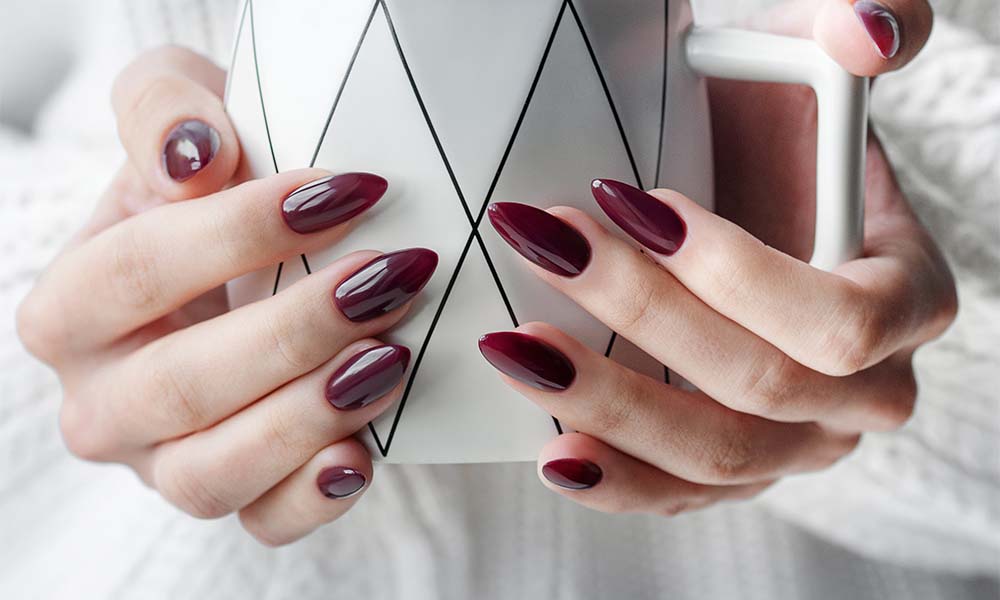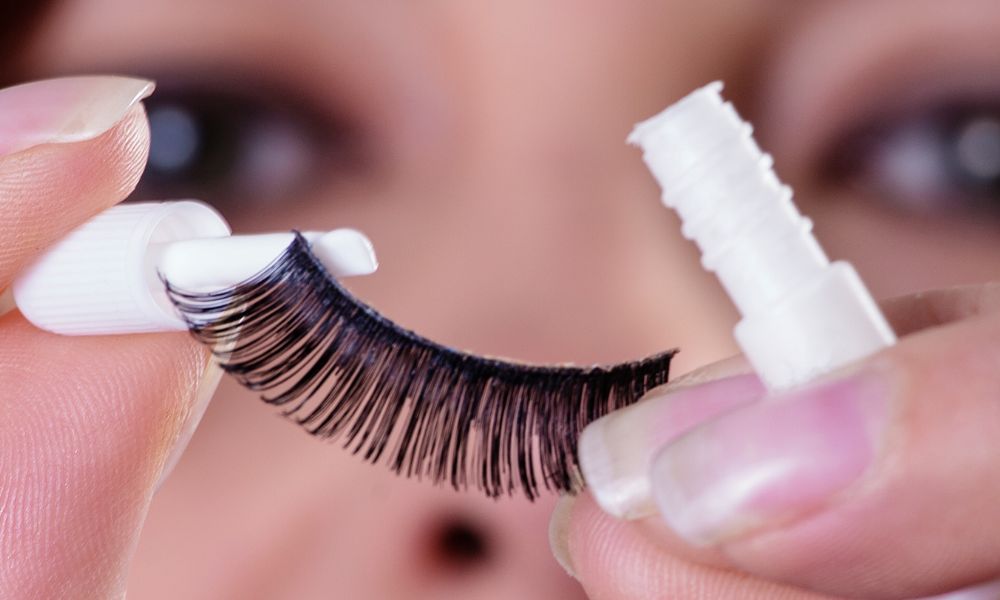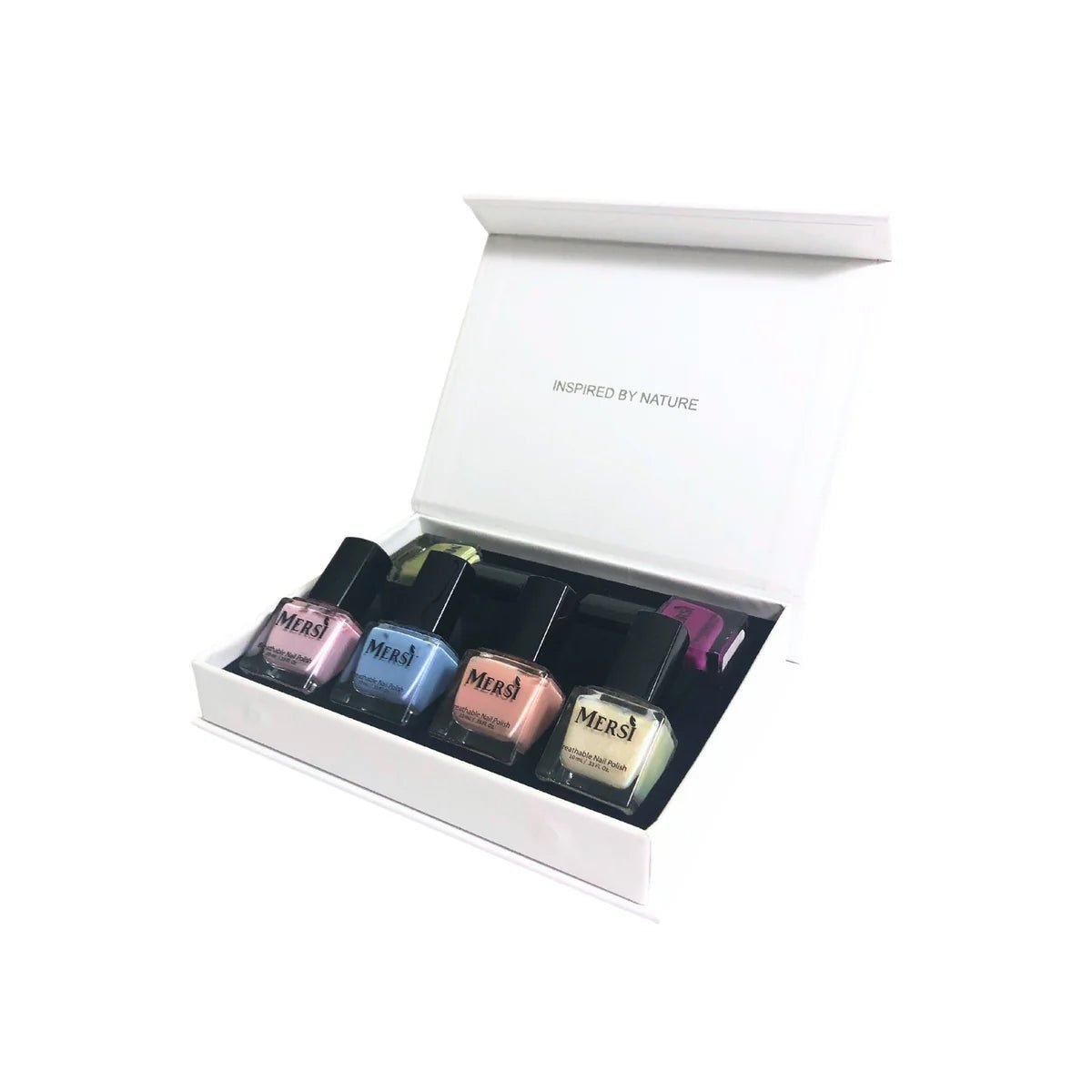Muslim women may face restrictions when it comes to wearing acrylic nails, largely due to the requirements for ritual purification (Wudu). While there is no direct prohibition in Islam, acrylic nails present several practical and religious challenges that make them less suitable for those observing regular prayer rituals. Let’s explore why.
The Importance of Wudu in Islam
Before performing the five daily prayers, Muslims are required to purify themselves through Wudu, a ritual washing that includes cleansing the hands and nails. For the Wudu to be valid, water must touch every part of the body involved, including the nails. Acrylic nails create an artificial layer over the natural nail, acting as a barrier that prevents water from reaching the real nail, making the Wudu invalid.
Acrylic Nails as a Barrier
One of the most significant reasons why acrylic nails are discouraged is that they obstruct the water needed for Wudu. Since the purification process is a prerequisite for valid prayers, anything that blocks water from reaching the skin or nails hinders the ritual’s effectiveness. As a result, wearing acrylic nails can disrupt a Muslim woman’s ability to properly perform her prayers. For Wudu to be valid, water must touch every part of the natural nail, which would require removing the acrylic nails before each prayer. This impracticality leads many women to avoid them altogether.

Cultural and Religious Context
In addition to the practical challenges of maintaining Wudu, wearing acrylic nails may also raise cultural and religious concerns. In some interpretations of Islamic teachings, there’s caution against adopting practices commonly associated with non-Muslims. Acrylic nails, often seen as part of Western beauty trends, may be perceived by some as an unnecessary form of imitation. A well-known hadith (saying of the Prophet) warns Muslims against imitating the practices of other cultures, suggesting that such acts could lead to one being considered part of those groups.
Modesty and Adornment
Another consideration is modesty, which is a central principle in Islam. Acrylic nails are typically worn for beautification purposes, often drawing attention to the wearer’s hands. This type of adornment might be viewed as contradictory to the Islamic emphasis on modesty. In public settings, where women are encouraged to present themselves modestly, wearing flashy or decorative acrylic nails might attract undue attention, which is discouraged in Islamic teachings.
Scholarly Opinions on Acrylic Nails
There is no unanimous ruling among Islamic scholars regarding acrylic nails. Some scholars are of the opinion that wearing them is impermissible because they interfere with Wudu and are considered a form of excessive adornment. Others, however, suggest that if the nails do not obstruct Wudu or attract attention, they may be permissible in specific situations. Ultimately, the decision often rests on individual interpretation and the customs of the community in which one practices Islam.
Conclusion
While there isn’t a clear-cut prohibition against acrylic nails in Islam, the practical difficulties they present, particularly when it comes to performing Wudu, lead many Muslim women to avoid wearing them. Additionally, concerns about modesty and cultural imitation further reinforce the reasons why acrylic nails may not be a preferred choice for practicing Muslims.
Explore Mersi Cosmetics to learn more about acrylic nail trends and designs today.




Leave a comment
This site is protected by hCaptcha and the hCaptcha Privacy Policy and Terms of Service apply.